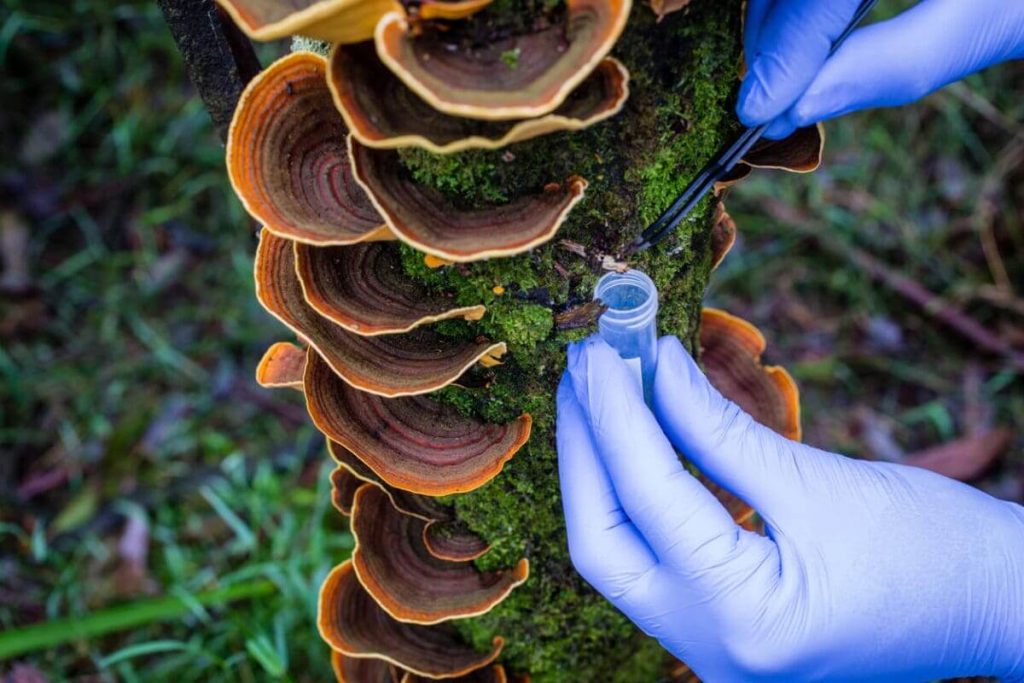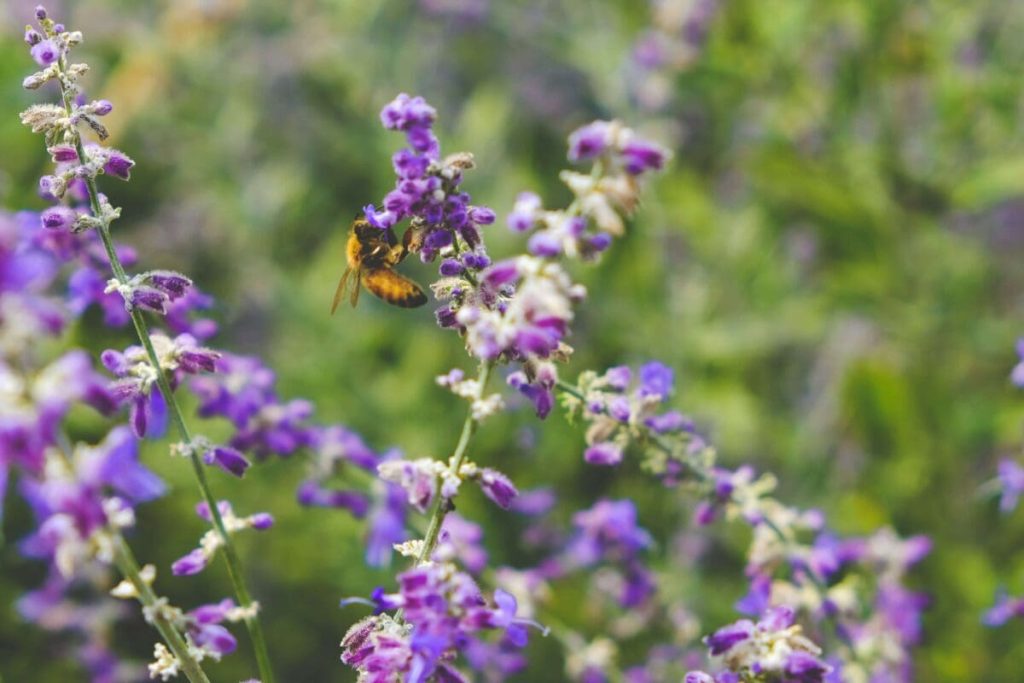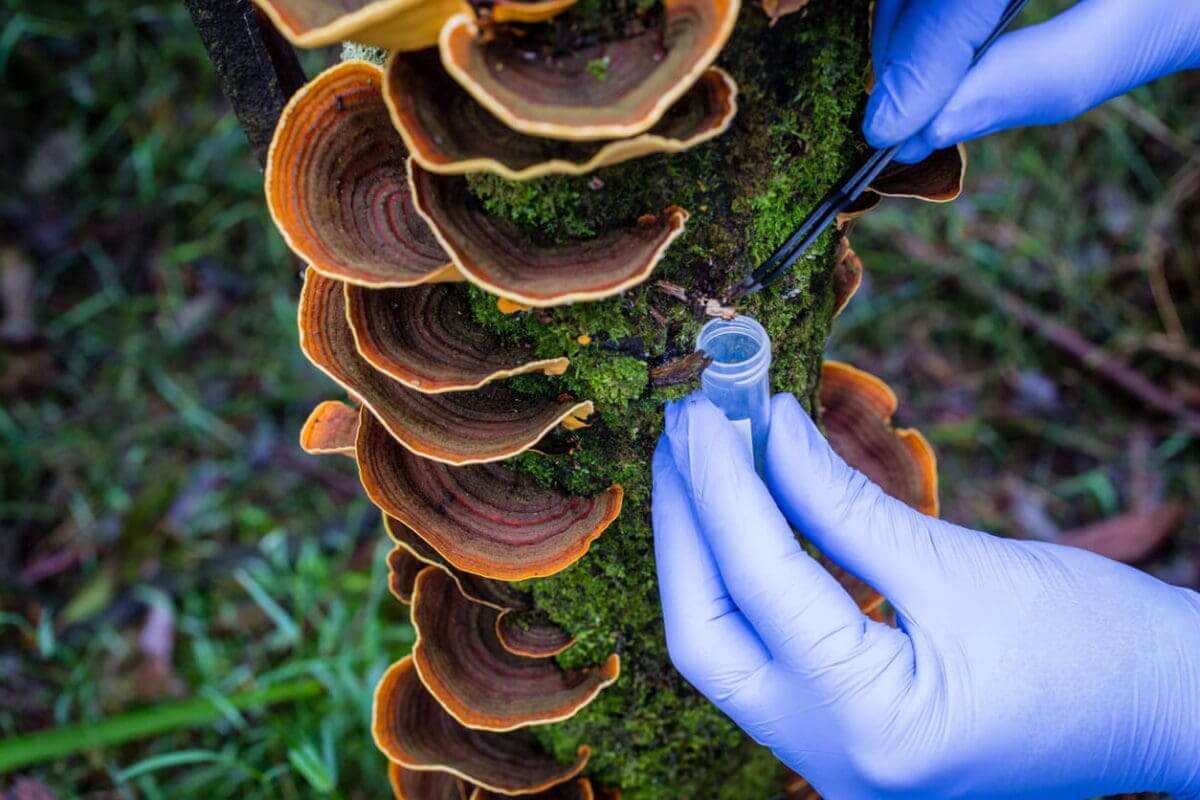

Across the world, biodiversity is being threatened. But, what does biodiversity mean, and how can we protect it? If you want to positively impact the planet, this article is for you!
Ecosystems are complex webs of interactions between all their elements. For example, when an animal becomes endangered, its population decline has rippling effects throughout the ecosystem. Biodiversity is necessary for ecosystems around the world to remain healthy.

With Unity Environmental University’s Program Search, you can look for degrees that prepare you to defend biodiversity.
What Is Biological Diversity?
The term biodiversity refers to the variety of life on Earth. Biodiversity includes all different species of plants, animals, microbes, and fungi. There is also genetic diversity within species and diversity within and across various ecosystems, which is known as ecological biodiversity. Biodiversity at all levels is essential to the overall health and stability of the planet.
Why Is Biological Diversity Important?
According to the World Wildlife Fund (WWF), the global animal population has decreased 69% since 1970. This is due largely to human development. Issues from human activities such as overfishing in the oceans and over-logging have contributed to the reduction of biodiversity. Climate change, particularly global warming, has exacerbated the negative effects of these issues.
When biodiversity in a particular ecosystem is reduced, essential ecosystem functions such as pollination and natural water purification are threatened. To maintain Earth’s resources for future generations, we must conserve biodiversity, natural ecosystems, food supplies, and species richness.
Learn how to protect biologically diverse ecosystems with a career as a conservation biologist.

How Is Biodiversity Studied And Protected?
Scientists use various scientific methods and interdisciplinary approaches to study biodiversity. These include a combination of modern technologies and Indigenous land stewardship practices. In some areas, the focus is on maintaining current levels of biodiversity. Scientists in other areas are trying to restore previous levels of biodiversity in order to reverse human-caused damage to ecosystem diversity.
For example, in Yellowstone, biologists have reintroduced wolves into their natural habitats and been monitoring their development to ensure success. Meanwhile, in the Florida Keys, scientists are growing coral reefs in nurseries and then attempting to try and restore damaged coral reefs.
Preserving Genetic Diversity
What is the importance of biodiversity in genetics? Genetic variation is vital to the survival of native species and their adaptability to changing climates. Scientists now have the ability to collect, study, and preserve DNA from various species. Gene banks are used to preserve the genetic biodiversity of different species. This is particularly valuable for preserving endangered species before it’s too late.
Want to become a conservation geneticist? Start with a degree in environmental science for a strong foundation.
Protected Areas And Wildlife Sanctuaries
Global warming is changing the conditions of certain ecosystems. Flora and fauna that prefer colder weather must either adapt to rising temperatures or migrate. In some areas, scientists and conservationists are assisting with tree migration to ensure that forests maintain their biodiversity.
Other strategies include protected natural areas and wildlife refuges, especially those that focus on reintroducing animals to the wild. Conversation law enforcement officers play an important role in enforcing hunting, fishing, and recreation laws in natural areas.
Community-Based Conservation Initiatives
Indigenous peoples have been protecting and conserving natural resources for thousands of years. Their knowledge plays a key role in addressing many environmental issues including wildfires and biodiversity loss. Community initiatives such as trash cleanups and planting native gardens can also help promote biodiversity in cities.
We tend to think of biologically diverse areas as being only spaces that are not dominated by humans, but biodiversity is important in all areas. If you want to study the relationship between humans and the natural environment, consider becoming an ecologist.

Start A Career In Studying Biodiversity At Unity Environmental University
Now that you can confidently answer the questions of what is the meaning of biodiversity and why is it important, it’s time to start thinking about your role in protecting biodiversity. Unity Environmental University offers a 5-week introductory course in biological diversity. This online class has nine different start dates throughout the year, so you can see if studying biodiversity is the right path for you before you commit to a degree program.
Don’t forget you can use our Program Search feature to find 5-week courses based on any environmental topic that interests you.



